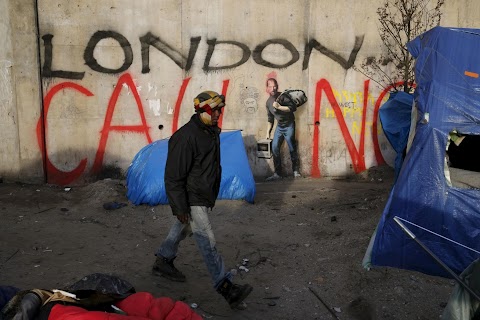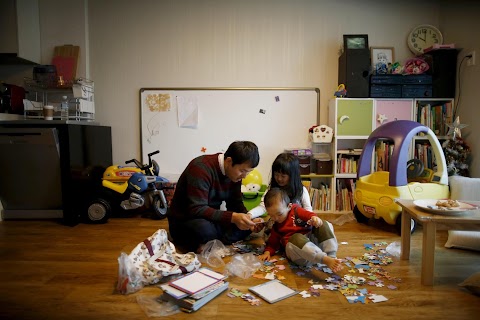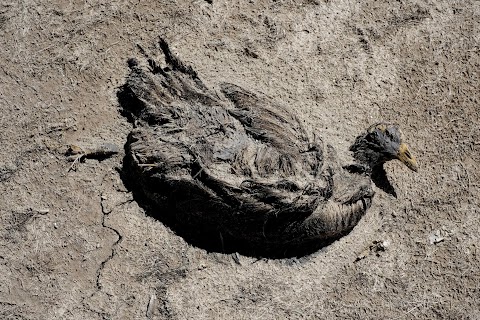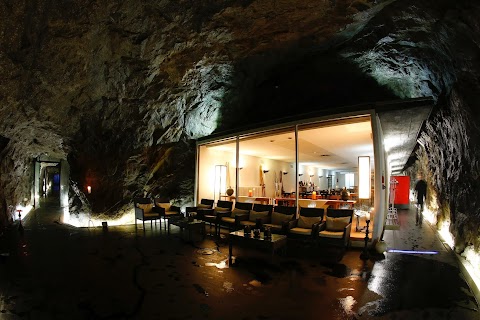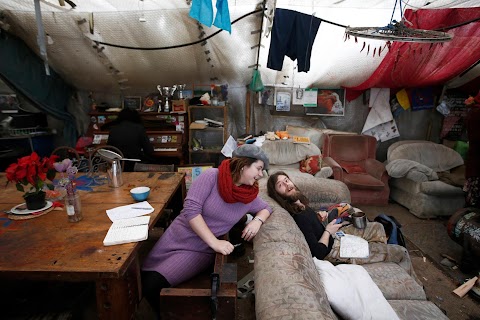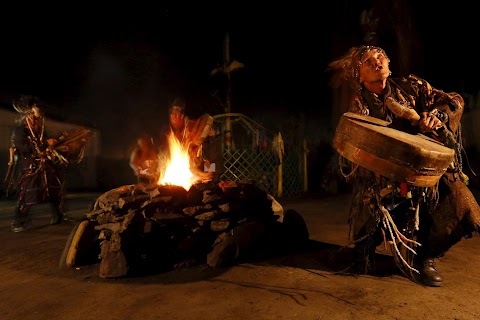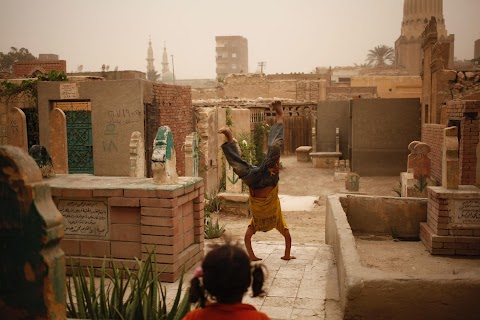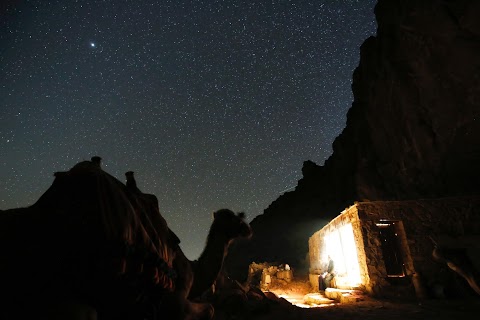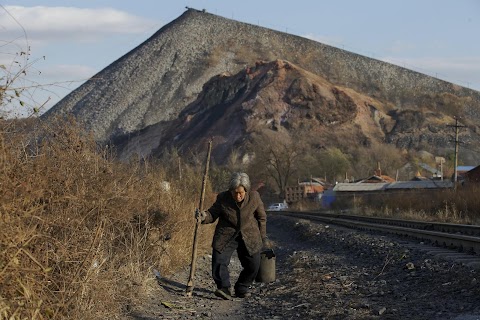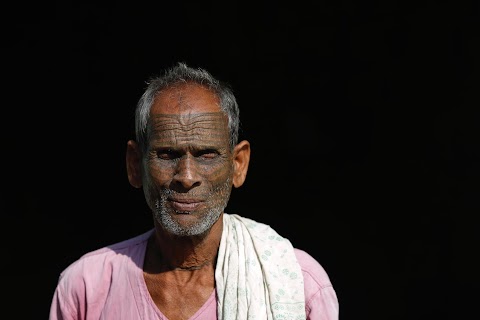
Tattoos, faith and caste
 Adnan Abidi
Adnan Abidi
Denied entry to temples and forced to use separate wells, low-caste Hindus in the eastern state of Chhattisgarh first tattooed their bodies and faces more than 100 years ago as an act of defiance and devotion.
Bishram, 70, a follower of Ramnami Samaj, has the name of the Hindu god Ram tattooed on his face.

Mahettar Ram Tandon is still proud of the indelible message he carries almost five decades after he had the name of Ram tattooed on his entire body.
Dressed in a simple white lungi, a traditional Indian garment, and wearing a peacock feather hat called a “mukut”, Tandon is part of the Ramnami Samaj religious movement in the state, one of India's poorest regions.
“It was my new birth the day I started having the tattoos,” he says. “The old me had died.”


Ramnamis, as the followers are called, first wrote the Hindu god Ram’s name on their bodies as a message to higher-caste Indians that god was everywhere, regardless of a person’s caste or social standing.
Now 76, Tandon’s purple tattoos have faded over decades under the harsh sun of his village of Jamgahan. In the nearby village of Gorba, Punai Bai, 75, spent more than two weeks aged 18 having her full body tattooed using dye made from mixing soot from a kerosene lamp with water.


“God is for everybody, not just for one community,” says Bai, who lives in a one-room house with her son, daughter-in law and two grandchildren.
Nowadays the tattoos of Ramnamis, who number 100,000 or more and live in dozens of villages spread across at least four districts of Chhattisgarh state, are usually on a smaller scale.
After caste-based discrimination was banned in India in 1955, the lives of many lower-caste Indians have improved, villagers said. As young Ramnamis today also travel to other regions to study and look for work, younger generations usually avoid full-body tattoos.

“The young generation just don’t feel good about having tattoos on their whole body,” says Tandon, who has always lived in his village of small mud houses surrounded by fields of grazing cattle, wheat and rice.
“That doesn’t mean they don’t follow the faith.”
Video
Children born in the community are still required to be tattooed anywhere on their body, preferably on their chest, at least once by the age of two. According to their religious practices, Ramnamis do not drink or smoke, must chant the name “Ram” daily, and are exhorted to treat everybody with equality and respect.
Almost every Ramnami household owns a copy of the Ramayana epic, a book on Lord Rama’s life and teachings, along with small statues of Indian deities. Most followers’ homes in these villages have “Ram Ram” written in black on the outer and inner walls.

Despite the 1955 legislation, centuries-old feudal attitudes persist in many parts of the country and low-caste people, or Dalits, still face prejudice in every sector from education to employment.

Tandon is optimistic about the Ramnamis’ relative change in fortunes since he had his body tattooed all those years ago.
“The world is changing, the times are changing,” he says. “We have all realised that we are all same.”
Slideshow

Tiharu Ram, 70, and his wife Phirtin Bai, 61, pose for a picture outside their house.

Tiharu poses for a photo.

Tiharu walks with his cattle in a field.

Gularam, 43, poses for a picture.

Sumitra Devi, 70, poses for a picture outside her house.

Mahettar Ram Tandon, 76, watches a religious movie on a computer screen with his wife and son.

Dhani Ram, 52, talks on his mobile phone.

Female followers of Ramnami Samaj welcome priests and elders ofd their religious movement as they arrive to attend prayers.

Punai Bai, 75, carries vegetables to cook inside her house.

Punai poses for a picture.

Phirtin Bai, 61, laughs as she poses for a picture.

Jhingur Ram, 76, sits outside his house.

Jhingur poses for a picture.

Jhingur poses for a photo.

Chanda Ram, 72, poses for a picture inside his house.

Tattoos are seen on Chanda Ram’s head.
